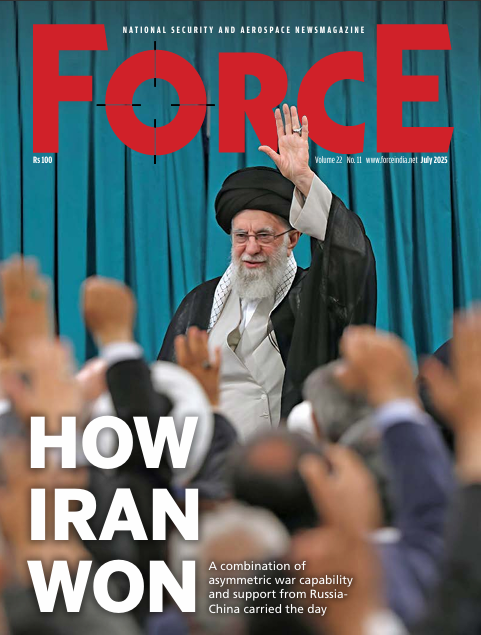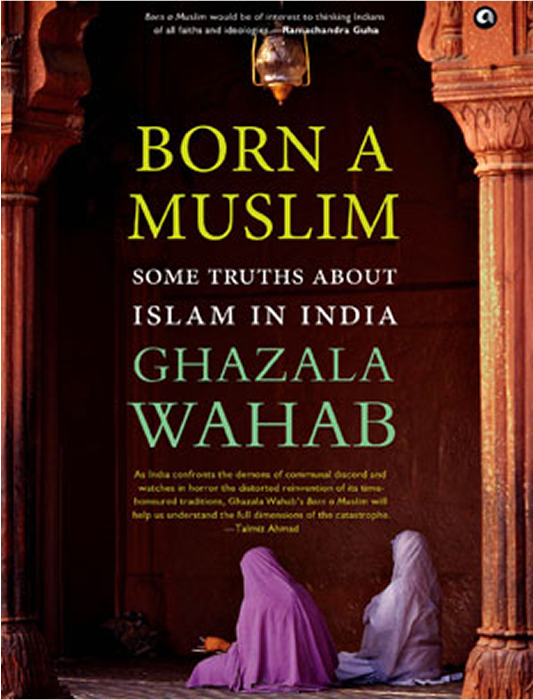Letter from the Editor | June 2024
Twenty-five years ago, in the month of June, figuratively blindfolded Indian army soldiers fought some of the fiercest battles ever, including hand to hand combat, on the high-altitude Himalayan ranges overlooking the Dras-Kargil region of Ladakh. They were blindfolded, because they had no idea who they were fighting—mujahids or regular soldiers--, what kind of equipment and sustainment they may have had and in what numbers they would be. There were plenty of surprises—of the fatal kind. The successes were fewer and protracted. Of the total casualties that the Indian military suffered, the maximum happened in this month. So even though the victory was declared in July, we are commemorating the Kargil Anniversary in June.
The issue in your hand is a collector’s item. It pays tribute to the fierce loyalty and trust that Indian soldiers and young officers have towards their superiors, as well as their raw courage. It questions the less than competent senior leadership, which when tested, was found wanting. Most importantly, the June cover story spells out the challenges facing the Indian military and the kind of warfare it needs to prepare for, especially at the time when the military leadership is taking the easy way out by regurgitating the supposed lessons from a conflict that has been overtaken by events, technology, war-concepts and geopolitics. Do read and reflect.
While the cover story on Kargil takes substantive space, there are two other features that deserve attention. The interview of Russian foreign minister Sergey Lavrov, which he gave to a Serbian television channel, and we reproduce with permission. There is news that Nato nations—the UK, France and of course the US—is planning a dangerous escalation of the Ukraine war, by allowing use of their long-range missiles by Ukraine to strike inside Russian territory. If this happens, the so-called ‘special military operations’ by Russia will acquire a completely different hue. It will no longer be a conflict confined to the Ukraine theatre but will engulf the Nato nations. The consequences could be too horrific to even contemplate.
The other story which must shake us up is the continuing violence in Manipur even after a year. What started as an ethnic conflict has gradually acquired the contours of sectarian violence. The Manipuri society has been ruptured, and there are no signs of healing. It is unfortunate that despite decades of experience of insurgencies and internal insecurities which only worsen when left unresolved, the government of India remains somnolent. It is allowing destabilization of Manipur for short term political gains, which accrues from demographic re-engineering.
By the time you read this, a new government will be in place. Hopefully, it will lead to new and humane policies. And a new India.
Subscribe To Force
Fuel Fearless Journalism with Your Yearly Subscription
SUBSCRIBE NOW
We don’t tell you how to do your job…
But we put the environment in which you do your job in perspective, so that when you step out you do so with the complete picture.








